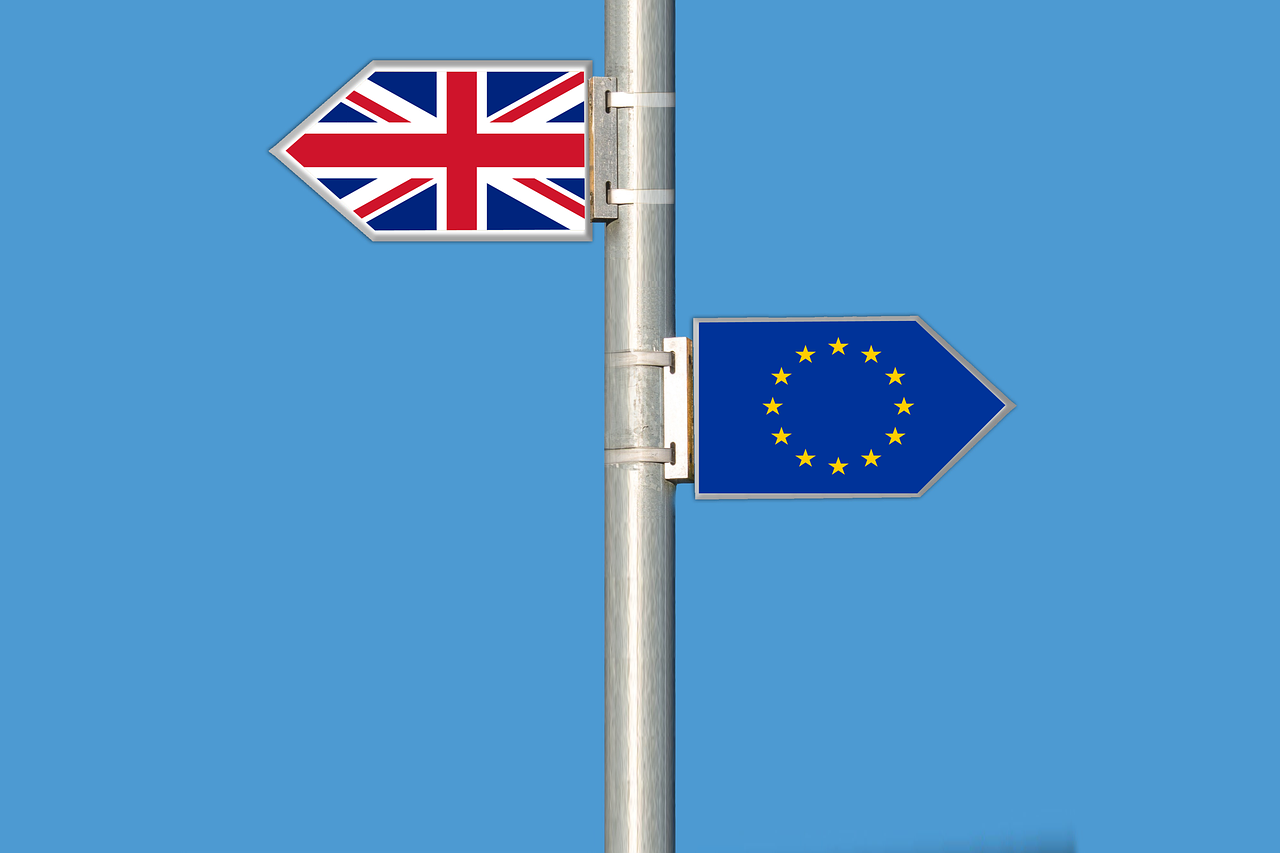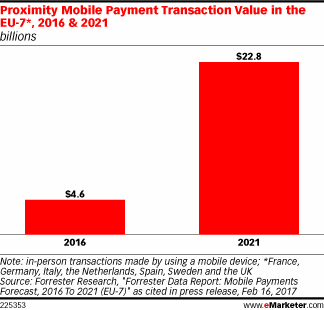In October 2018 the White House announced it is leaving a 144-year-old global postal agreement due to the current trade war with China. ParcelHero’s Head of Consumer Research, David Jinks MILT considers: is this is a game where everyone loses?
“When the Universal Postal Union decided to ignore President Trump’s threats and kick the issue of international postal remuneration rates back to 2020, it may have thought it had buried the issue. It underestimated Trump’s protectionist zeal; and is now frantically backpedalling in an attempt to save the Union and stop an international postal war.
President Trump has got it in for China. He’s not been afraid to impose swinging tariffs on Chinese products such as steel – even at the expense of his own car industry which relies on cheap imports.
He is also extremely bothered about the rising cost of maintaining the United States Postal System (USPS). Not only is he ideologically opposed to state run services; but last year the USPS has reported a loss of $3.9 billion.
So, when Trump realised that China’s international postage rates into the US are so low it’s actually far cheaper to send earrings 7,400 miles from Nanjing to New York than the 28 miles from Staten Island to Manhattan, he was never going to take it lying down.
And it really is significantly cheaper – a matter of cents for China-US postage rather than dollars for posting the same item within the US – because the USPS has to subsidise letter size packages from China.
The exact details of the USPS subsidies arrangement are secret, but it is thought that the terminal dues, as they are termed by the Universal Postal Union (UPU) – the international body that oversees global mailing – mean the United States Postal Service is losing $1 on every China Post shipment into the country. A Whitehouse official said the system gives a 40- 70% discount on small packages arriving in the US from China compared with what it would cost to send them within the US, costing USPS $300 million a year.
Trump issued an ultimatum to the UPU, saying he would withdraw the USPS from the UPU if it failed to agree fairer rates. He demanded that it must agree dues that would “fully reimburse the USPS for costs to the same extent as domestic rates for comparable services”.
The UPU met in full pomp for an Extraordinary Congress in Addis Ababa last summer to consider the issue of international postal remuneration and Trump’s ultimatum. The result raised eyebrows amongst industry watchers…
The UPU published a statement saying it had “achieved a major success by approving a compromise proposal.” The compromise was that the UPU would kick the decision into the long grass; saying it would look again in 2020.
The UPU delegates may have been congratulating themselves on this ‘major success’; but Trump was having none of it. On the 17th October 2018 he sent an ultimatum to the Union saying he would withdraw from the UPU a year after the day the note was received unless he saw significant changes to the arrangement.
And, sure enough, the UPU blinked. On the 25th October it announced it would fast-track the issue ‘with a view to coming up with a proposal to the Council of Administration by the April 2019 session’. The Universal Postal Union’s Director General, Bishar A. Hussein, revealed that the organisation was doing ‘everything possible to solve the matter of the remuneration rates known as terminal dues.’
The Director Genera said: “I am glad to inform you that, this week, members agreed on a proposal to adjust the timelines on the discussion on remuneration.”
Post war period
So what does the future now hold for international post? Can the UPU gain the agreement of China to slash its subsidies, or will the US hold firm and withdraw from the agreement this October? And if that is the case, will this result in postal chaos if other countries decide to follow suit?
Because it’s not just the US that has long-complained that Chinese e-commerce letter-size packages to the West are massively subsidised by its postal service. Countries such as the UK and Australia are equally opposed to China’s huge subsidies.
Whether Trump’s letter bomb-shell will ultimately be good or bad news for UK and US traders remains to be seen. If the UK joins in any move towards fair postal renumeration, the result could be a huge boost for UK sellers as cheap Chinese imports vanish.
But it could equally work against British retailers regularly importing stock from China, or exporting to countries who may be imposing their own unilateral postal dues. With Brexit just around the corner, perhaps this is a fight we hoped Trump would not pick right now.
A 60’s solution
The best solution lies in going to the root cause of the whole problem; the original terminal dues system is outdated, having been created way back in 1969. China Post pays so little because, while the UK is classed as having a fully developed postal system and is in Group 1 under the UPU’s arcane ratings systems, China is described as a Group 3 ‘Transitional’ country, along with the likes of Botswana, Kazakhstan and Gabon. So China gets away with paying far less than the Target price most countries pay. China is now the world’s second largest economy; so clearly this classification needs urgent revision.
While protectionist extra costs at borders are clearly to be avoided if at all possible, it is certainly true that UK traders and couriers are at a significant postal price disadvantage. Small wonder China now has gobbled 42% of all global e-commerce, when it’s paying pennies instead of pounds to mail items into the west.
The concern is that a unilateral move to leave the UPU by the US would trigger a new Post War, with different nations setting their own international postal dues.
Not for the first time, President Trump is opening up a can of worms over overseas trade. If the US declares its own postal dues, China may also impose its own rates and we could end up with a tit-for-tat situation in which every country, including the UK, sets its own dues; overthrowing an arrangement that has been in place for many decades.
Let’s hope the UPU comes to an agreement with China to change the 50-year-old agreement, to reflect the economic status of China in 2019 rather than 1969. The US has indicated it is open to remaining within the UPU agreement if it likes the results of the UPU’s final deal.
“If negotiations are successful, the administration is prepared to rescind the notice of withdrawal and remain in the UPU,” White House spokeswoman Sarah Sanders said in a statement last October.
We should all keep our fingers crossed that the suggestions presented at April’s planned UPU conference debate ‘UPU Remuneration Systems – New Frontiers for an Old World?’ spark serious discussions leading to an eventual agreement before Trump’s deadline; creating a more equitable rate on all international mailings. That would be a great result for the US, the UPU and the UK. Failure to reach such an agreement could lead to the dissolution of the whole Union and a postal free-for-all on rates for letters and packets arriving from overseas that could cause international postal chaos for months to come.
This article is reproduced with the kind expressed permission of Mail & Express Review – Spring 2019. It was authored by David Jinks of ParcelHero.



